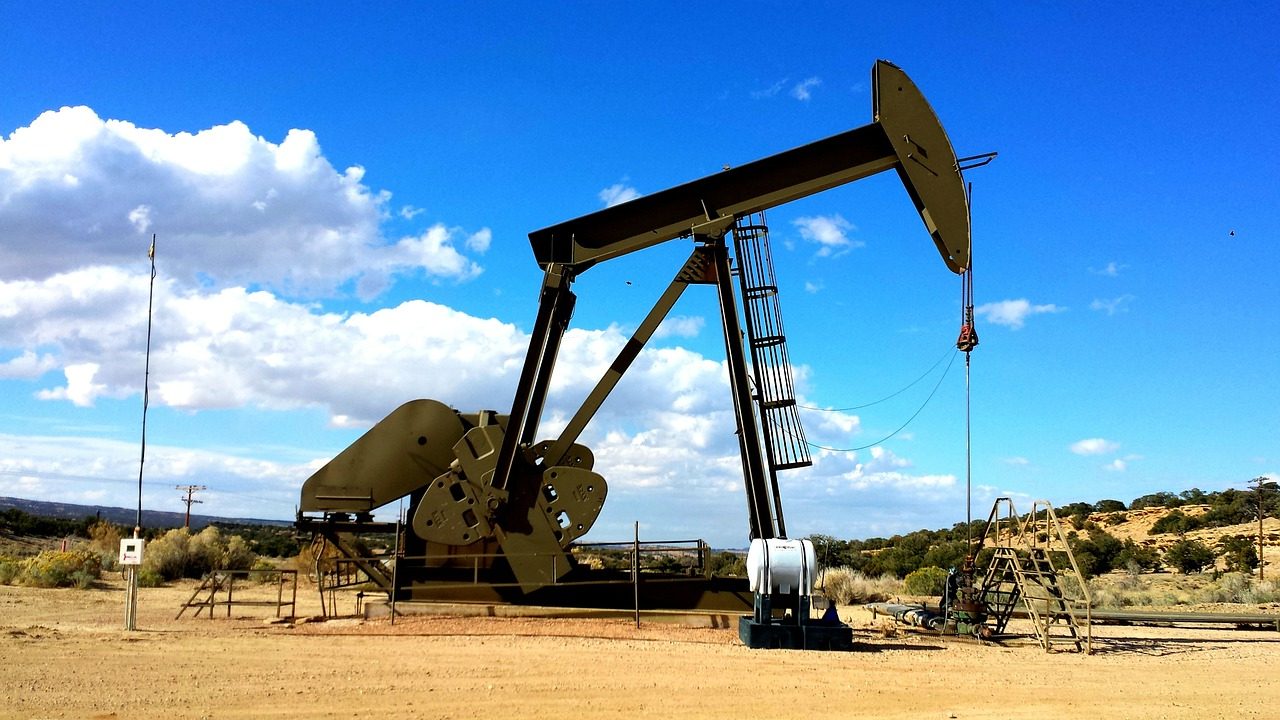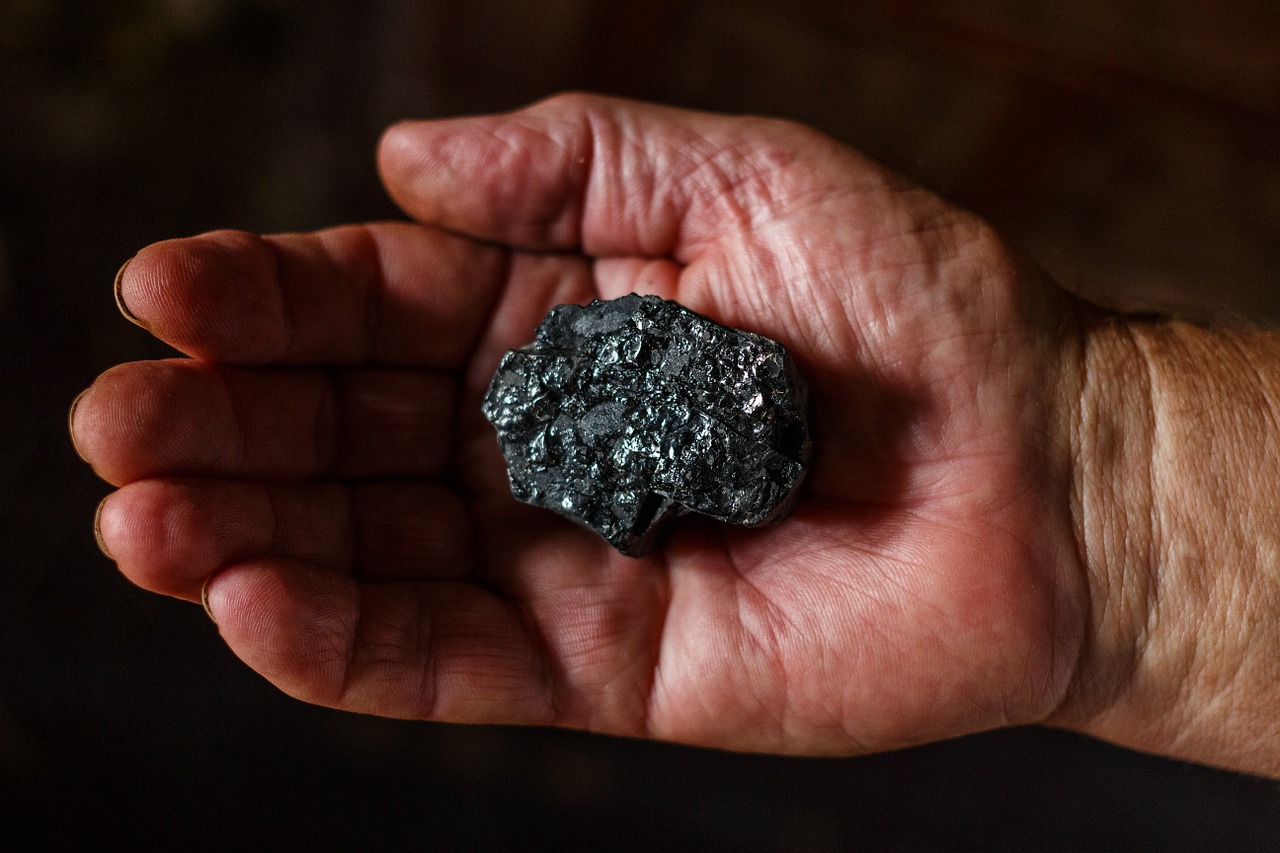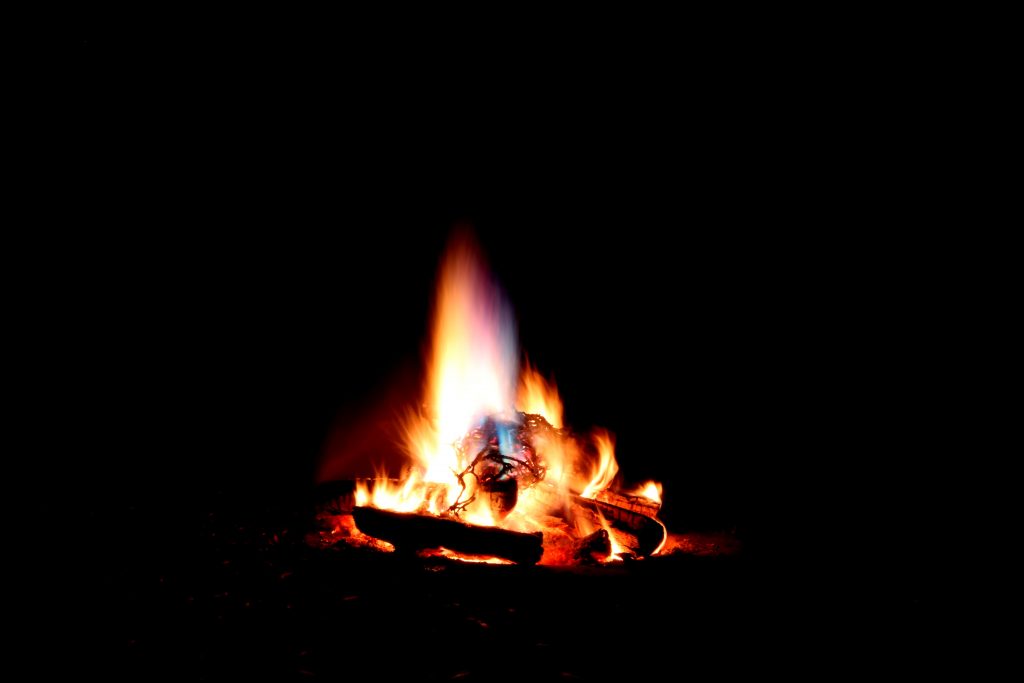Cost Of Heating Oil, Petrol, Diesel and Gas
Have you bought heating oil recently? What about petrol or diesel for your car or gas (natural or cylinder)? How much did it cost? Was it different from the last time you bought it?
 The Cost of A Barrel Of Oil
The Cost of A Barrel Of Oil
Heating oil, petrol, diesel and natural gas are all fossil fuels and while some, including coal, are produced in the UK, most are imported from countries with reserves of oil underground or under the sea. The oil reserves in these countries are used to produce the different kinds of fuel we use, such as heating oil and fuel for cars.
What Does This Have To Do With Exchange Rates
Oil is sold in barrels and charged for in US dollars. This is worldwide (at present, some countries are looking to change this.) That means that this country pays for all imported oil in US dollars. If you have been on holiday to the US, you will know that the amount of dollars you can buy for your sterling varies with the exchange rate. If the exchange rate goes up, you get more dollars for your pound. If the exchange rate goes down you get fewer dollars for your pound. At 4 August 2019, the exchange rate is $1.22. That means you get $1.22 for every pound you exchange. So if you wanted to exchange £100, you would get $122 back, for spending in the US. On 4 of July 2019, the exchange rate was $1.26, so you would have got $126 in exchange for £100. On 20 May 2016, a month before the Brexit referendum, the exchange rate was $1.45, so for that £100 you would have got $145.
How Does That Affect The Cost Of Oil
No matter what the exchange rate is, you still have to pay the same amount for a barrel of oil in US Dollars. The oil producers set these prices. The cost of a barrel of OPEC oil is $63.79 at present, this requires £52.46 to pay for it at an exchange rate of $1.22. If the exchange rate were still at the pre-Brexit referendum value of $1.45, that barrel of oil would cost £44.
Exchange Rates Are Not The Only Factors
Of course not. Oil has to be transported from where it is produced, refined, stored, transported, etc. That all adds to the cost and Brexit has nothing to do with that. Exchange rates vary all the time, anyway. When the Brexit result was announced, the exchange rate dropped considerably and then bounced back again. It has varied quite a bit but has not recovered its pre-referendum value.
Low Exchange Rates Can Be A Benefit
Yes, if you are exporting goods to other countries, then a low exchange rate is beneficial, you can sell more goods because your goods will be priced more cheaply than other similar ones, provided the other country does not impose an import tax.
The country will buy fewer imported goods because they will be more expensive than locally produced ones.
Tourists will be more likely to come to the UK because holidays will be cheaper and British people will be more likely to take staycations because holidays abroad will be more expensive.
But What About Oil
Back to oil and fuel and gas and petrol and diesel. If the Brexit negotiations or a no-deal Brexit create pressure on the exchange rate for the pound, then the cost of home heating oil, petrol, diesel and gas are likely to go up.
Should You Get Oil Sooner Not Later
Of course, if the Brexit negotiations go well, then the exchange rate is likely to go up. That will make oil cheaper. If the Brexit negotiations stall or there is a no-deal exit, then the pound may well fall further, making the cost of oil etc., higher.
31 October 2019
The Prime Minister, Boris Johnston, says that the UK will leave the EU on 31 October 2019, whether there is a deal or not. There may be import difficulties at ports with a no-deal, making it harder to bring oil into the UK and causing possible short-term shortages. For those with storage tanks running on low, that could mean some cold days in Autumn and winter, especially if there are power outages that mean water and fuel cannot be pumped. Some people may choose to buy their heating oil early, topping up at short intervals leading up to Brexit and also to keep their vehicles topped up with fuel. If you want to be as prepared as possible for what might come with Brexit, then get the Brexit Survival Journal and develop your own lists of what to stock up on, including heating well ahead of Brexit.
DISCLAIMER
NOTE: This article does NOT provide financial advice. You must do your own investigations before deciding whether or not to buy heating oil or any other product and when you should buy it.
 On 9 August 2019, nearly a million people were affected by a major power cut across large areas of England and Wales, including the Midlands, the South East, South West and North East of England, and Wales. This affected businesses, homes and transport networks, with hundreds stranded at railway stations or on trains: and traffic lights stopping working. The electricity suppliers, the National Grid, said two separate power generators had failed but supplies had now been restored. (BBC News)
On 9 August 2019, nearly a million people were affected by a major power cut across large areas of England and Wales, including the Midlands, the South East, South West and North East of England, and Wales. This affected businesses, homes and transport networks, with hundreds stranded at railway stations or on trains: and traffic lights stopping working. The electricity suppliers, the National Grid, said two separate power generators had failed but supplies had now been restored. (BBC News) October 31st, Hallowe’en, is the planned date for the UK’s exit from Europe (Brexit). This date is half way through the Autumn season, moving quickly towards Winter. The long range forecast for the end of October, early November, shows a daytime high temperature of 10 – 12 degrees Celsius and a night time low of 4 – 6 degrees Celsius. (daytime high of 53 degrees Fahrenheit to night time low of 42 degrees Fahrenheit.)
October 31st, Hallowe’en, is the planned date for the UK’s exit from Europe (Brexit). This date is half way through the Autumn season, moving quickly towards Winter. The long range forecast for the end of October, early November, shows a daytime high temperature of 10 – 12 degrees Celsius and a night time low of 4 – 6 degrees Celsius. (daytime high of 53 degrees Fahrenheit to night time low of 42 degrees Fahrenheit.)
 The Cost of A Barrel Of Oil
The Cost of A Barrel Of Oil Home
Home Cooking
Cooking